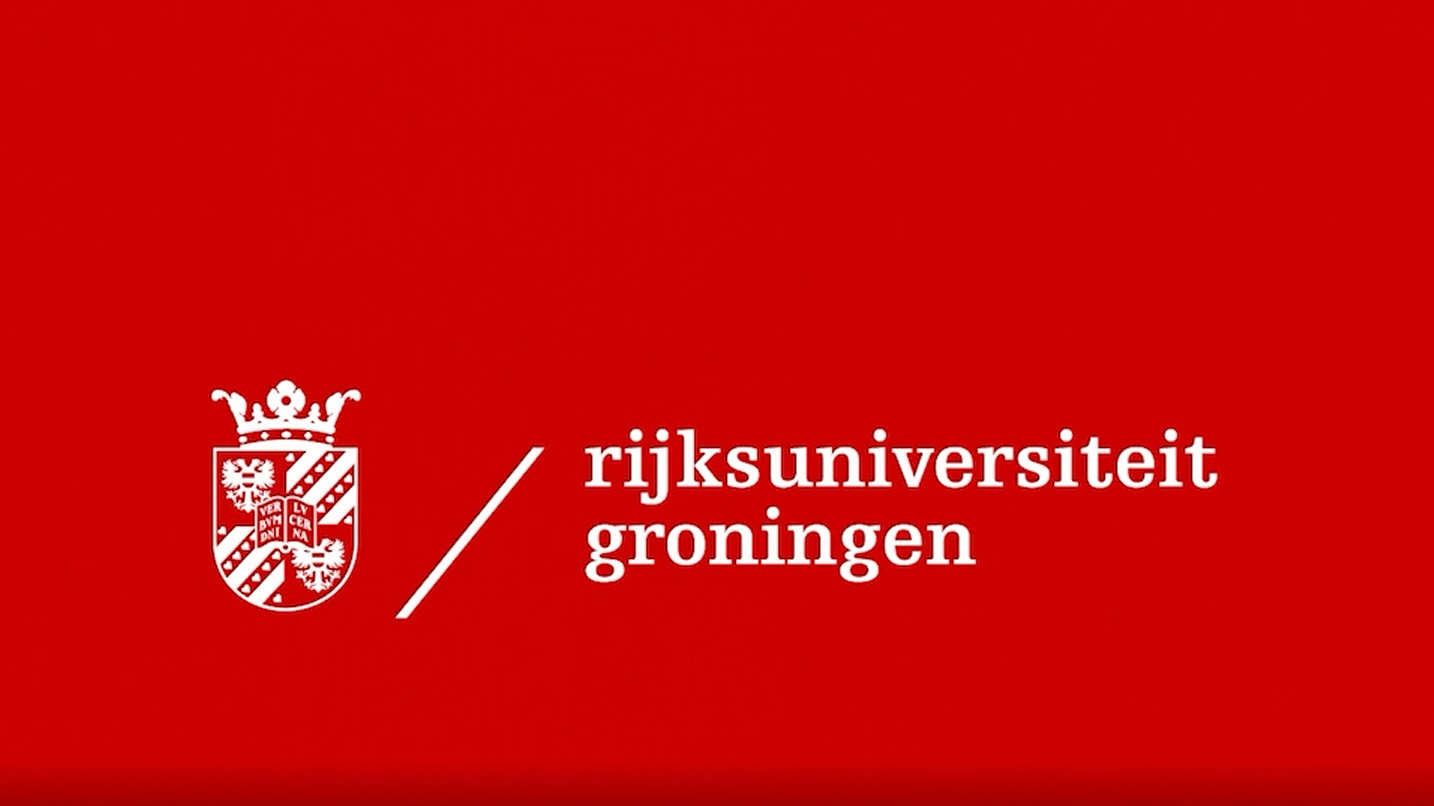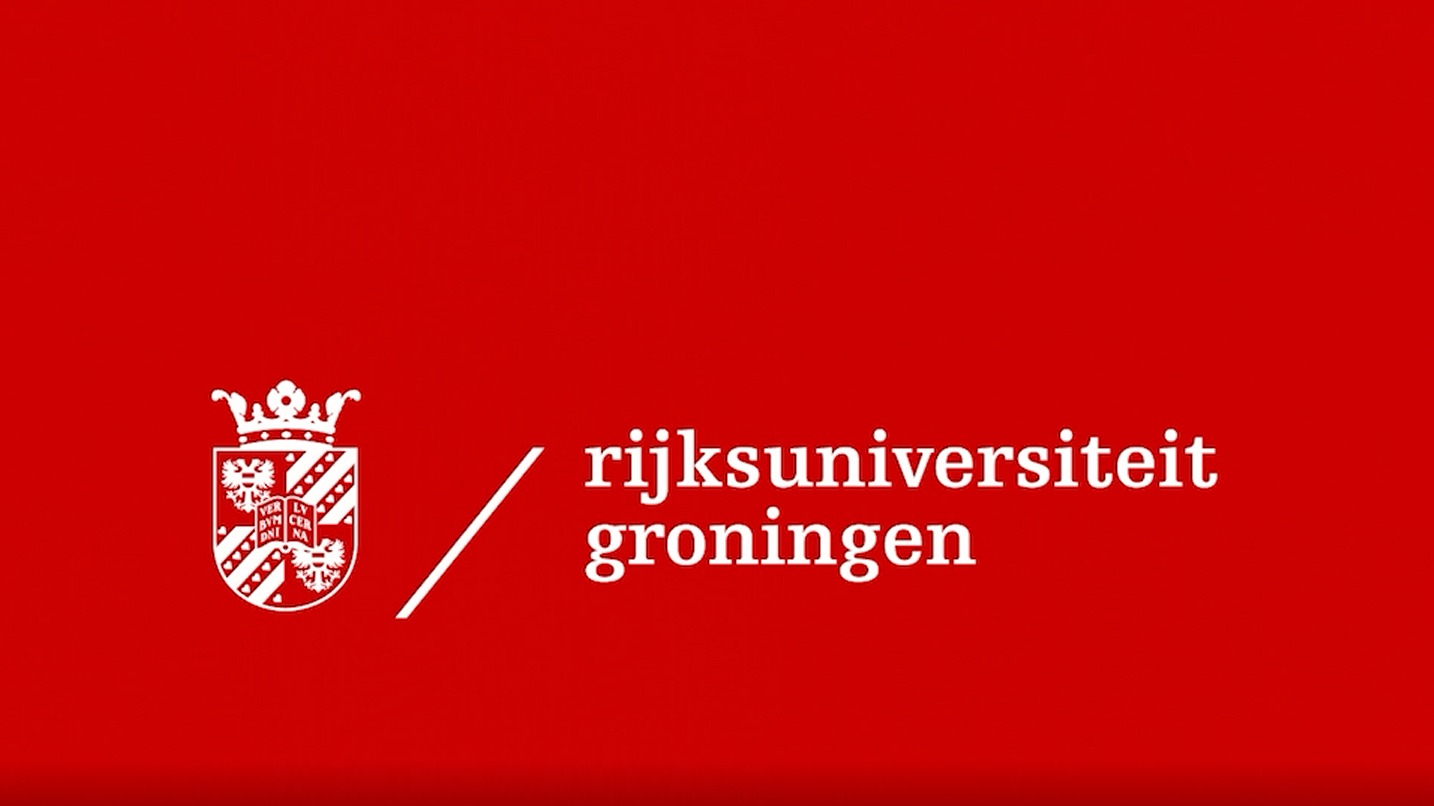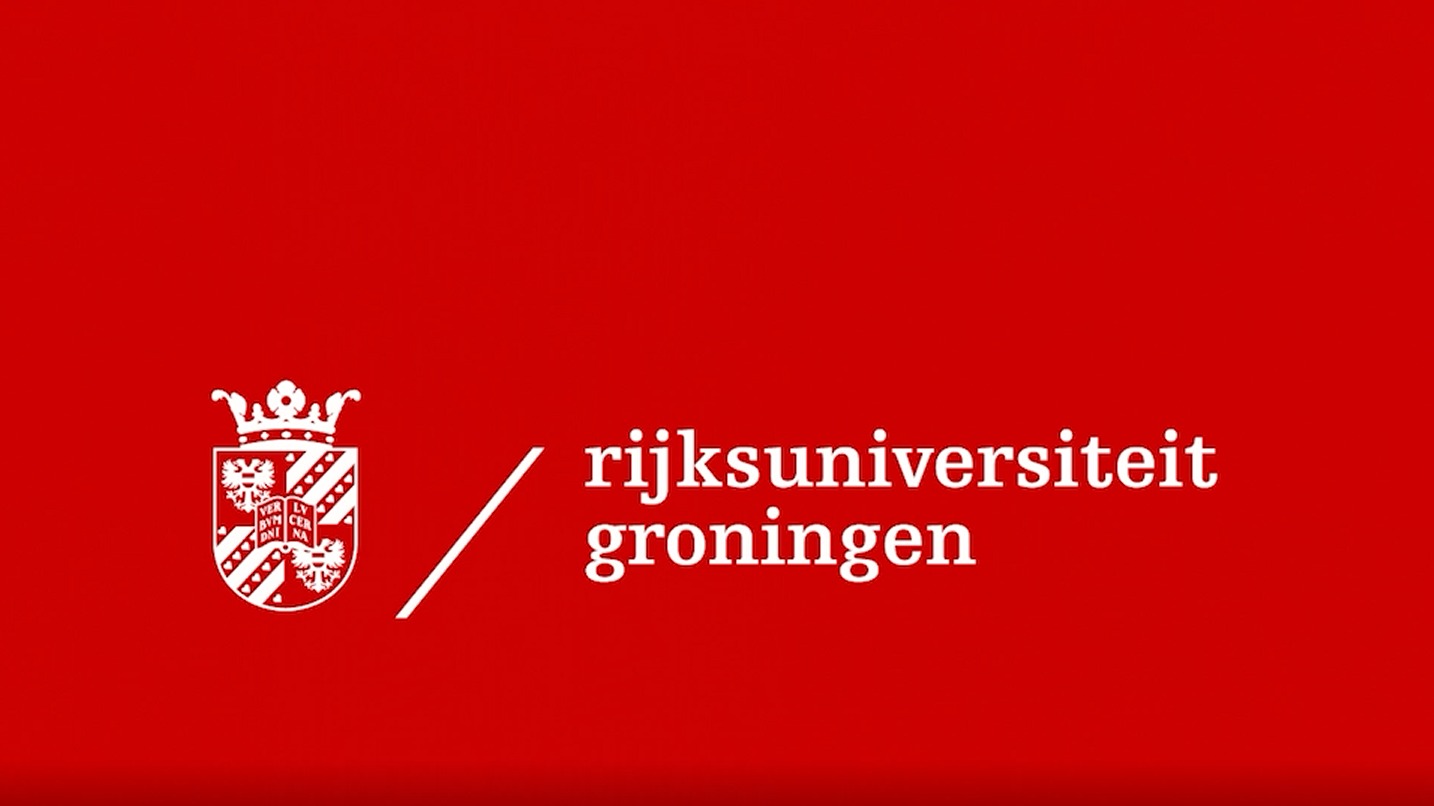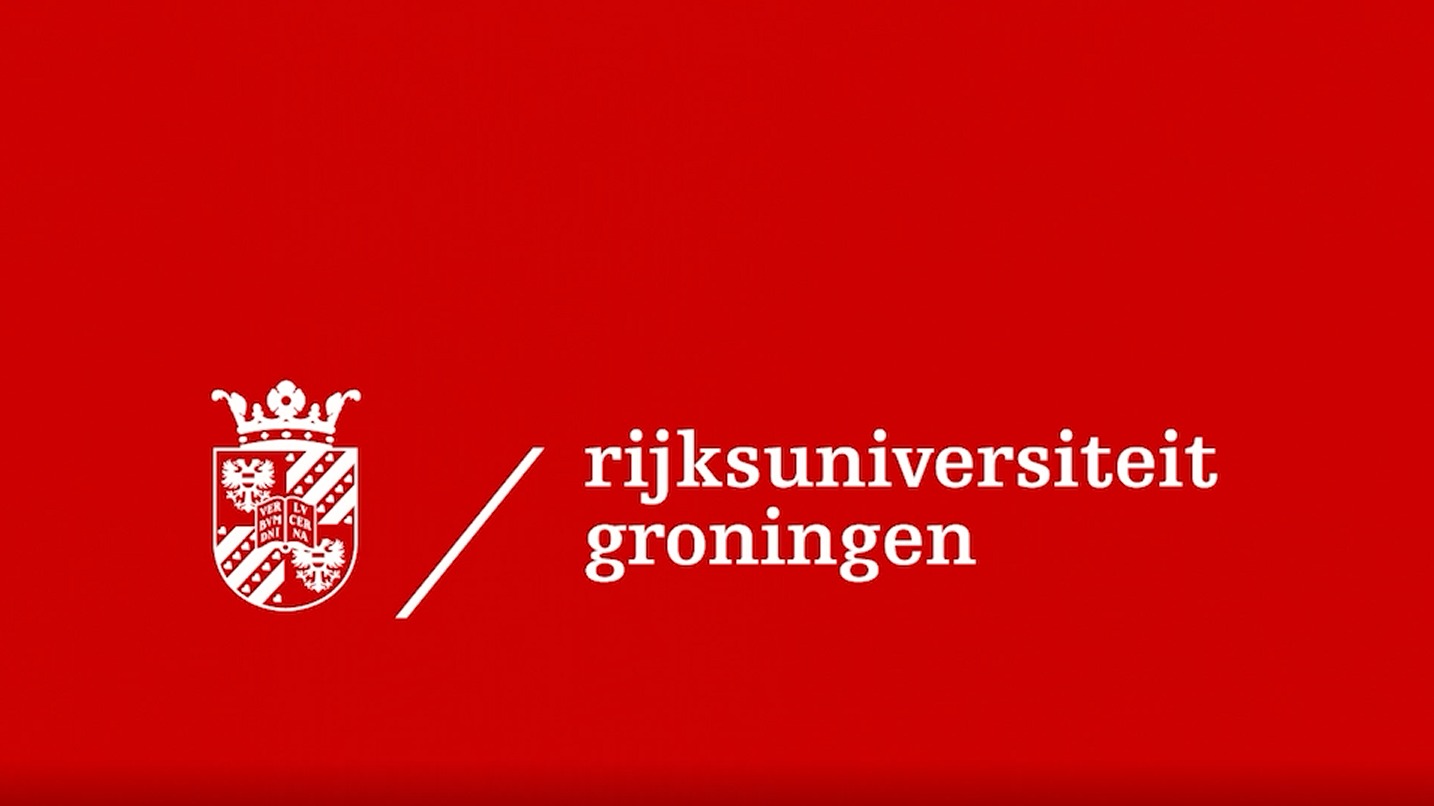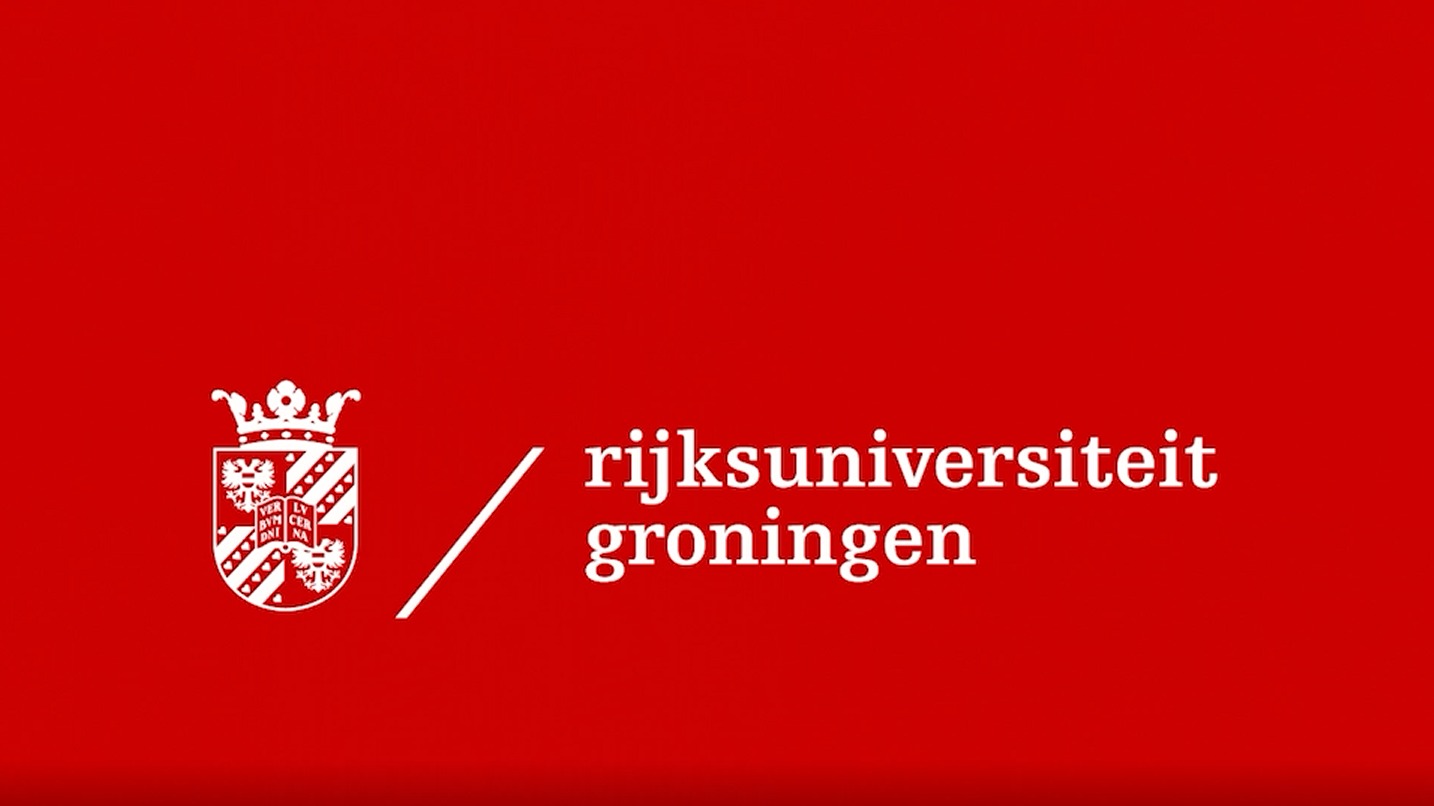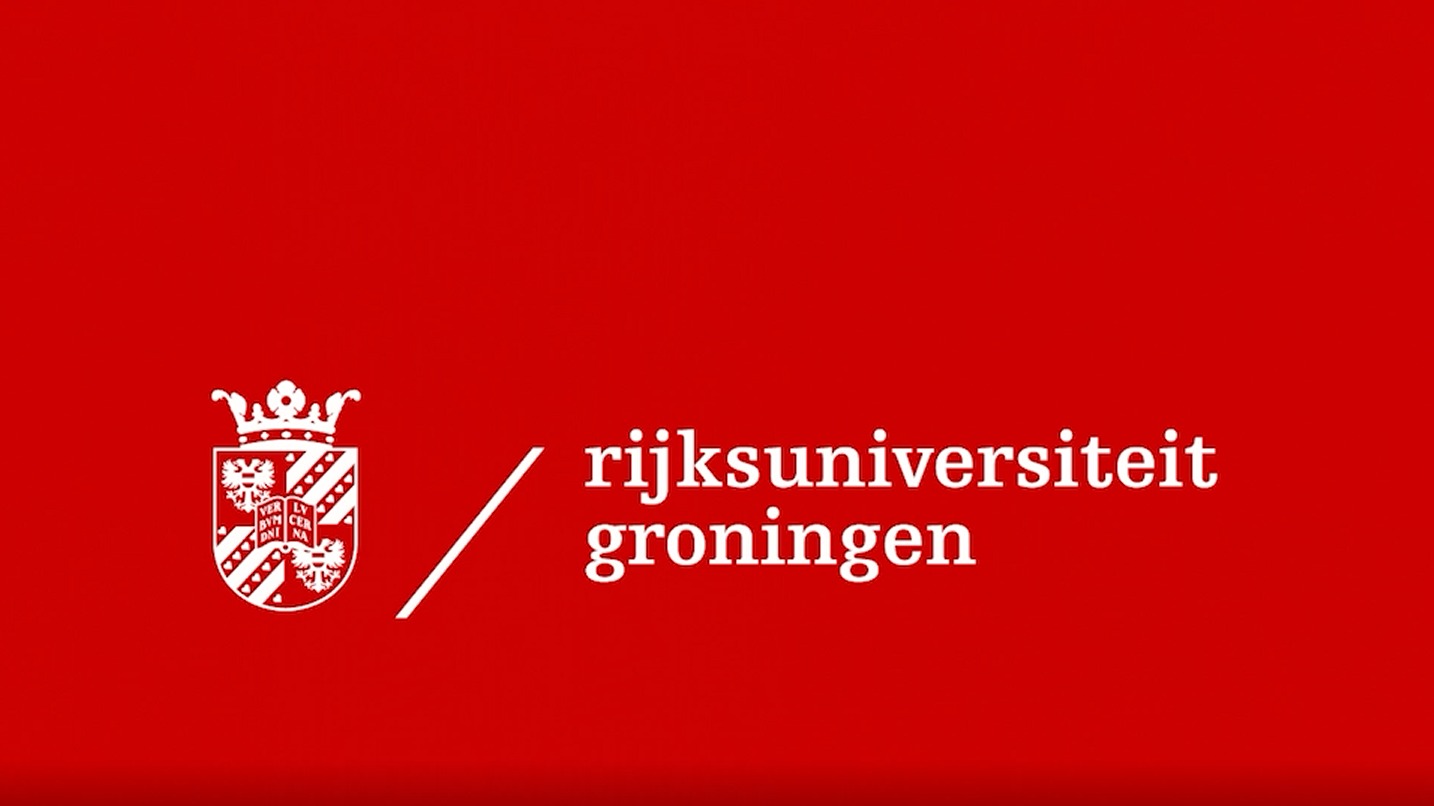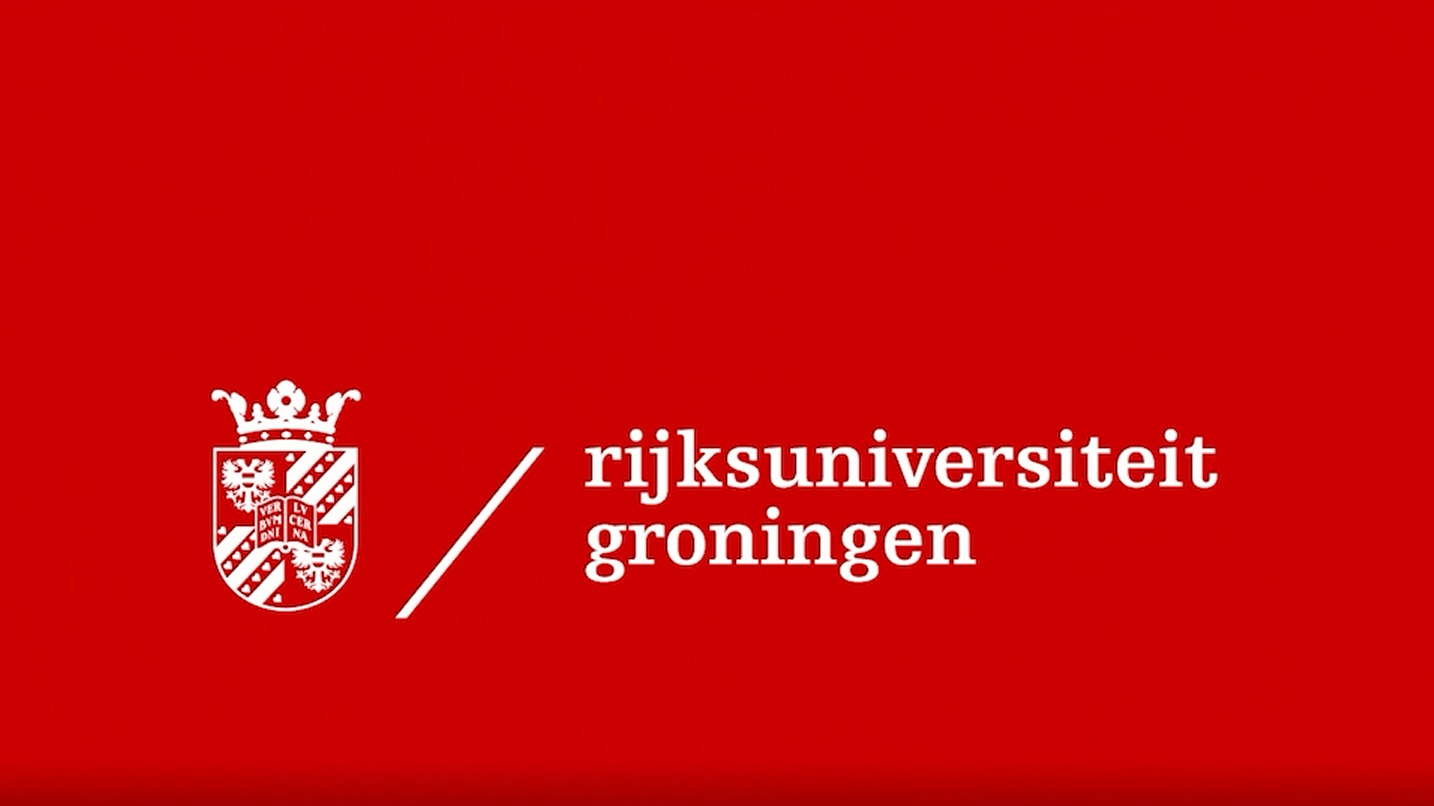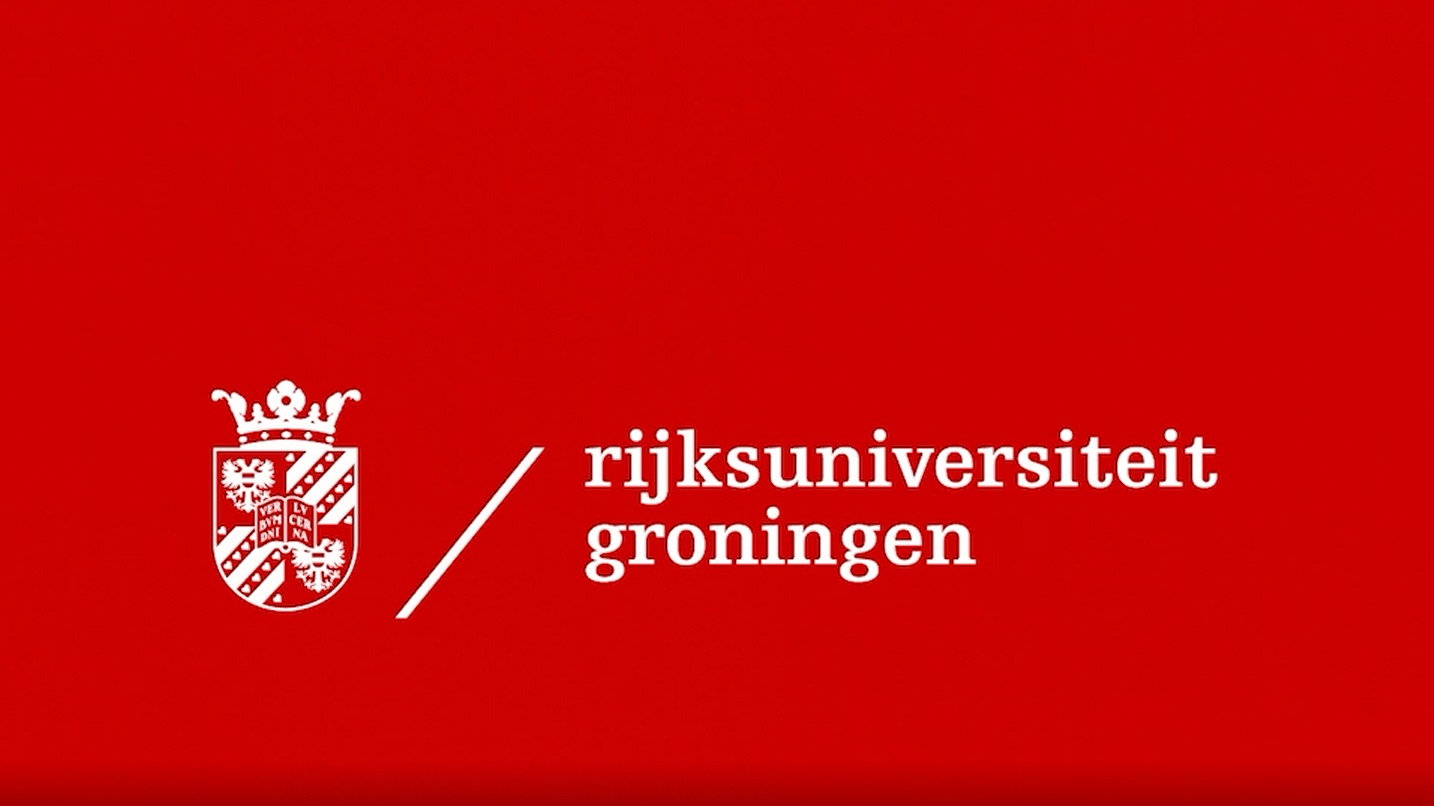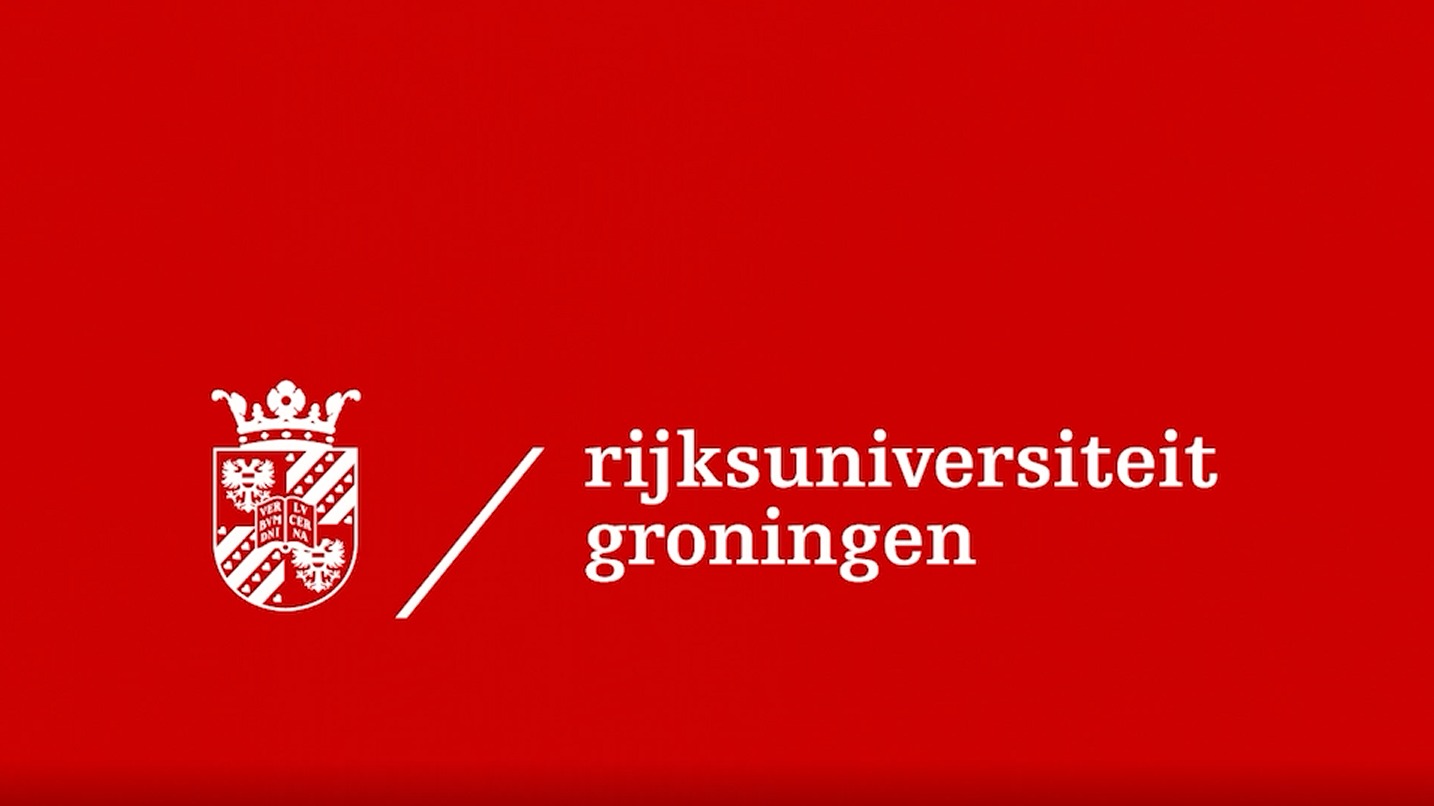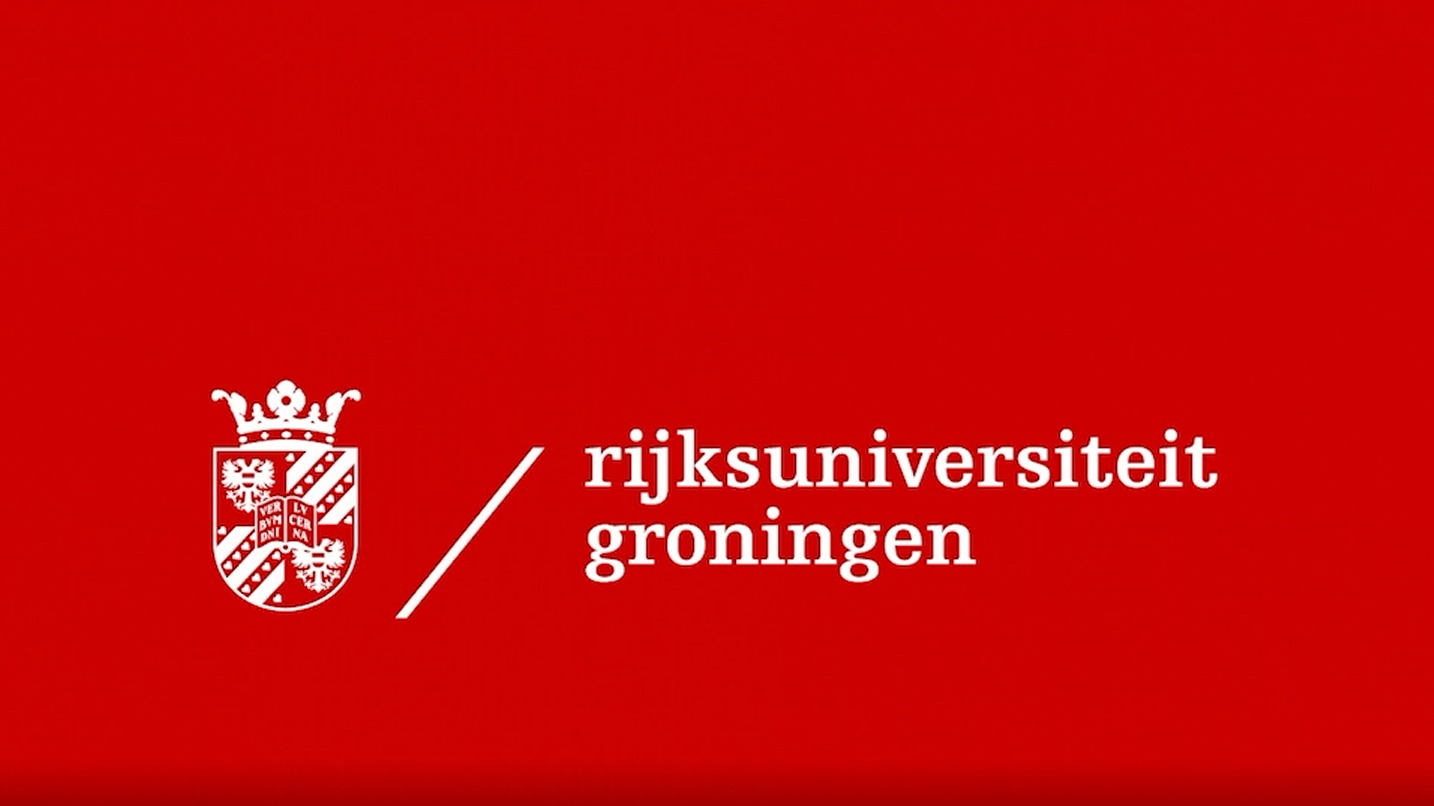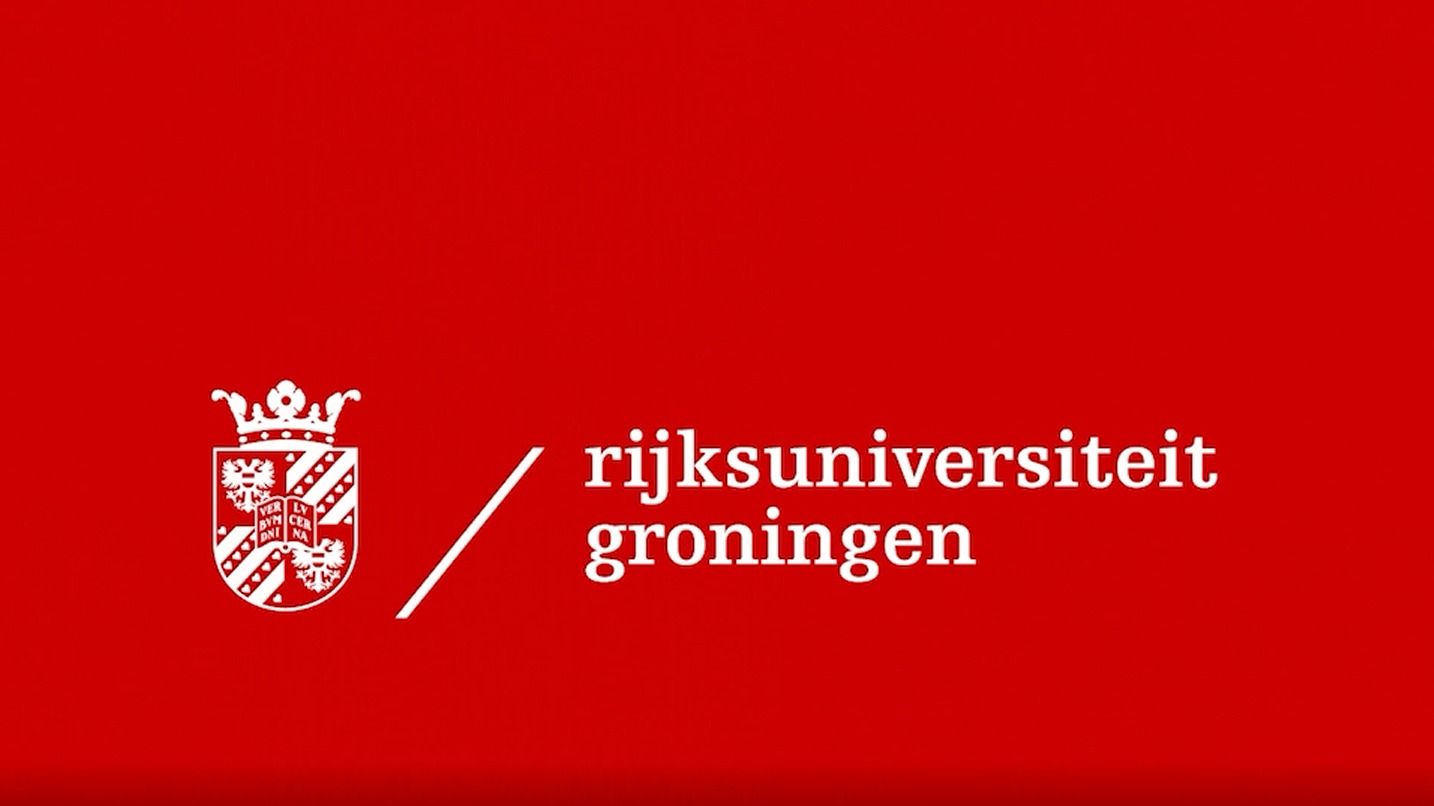Best practices
De Teaching Academy zet best practices in het kader van onderwijs graag in de spotlight. Raak geïnspireerd door de volgende best practices binnen de faculteiten en ontdek hoe jij ze kunt implementeren in jouw lessen!
Arts
Teaching team: Elisabetta Costa, Antenor Hallo de Wolf and Bartjan Pennink
Course title: MA International Humanitarian Action
Best practice: Viking simulation
This simulation exercise is based on the Viking 11 simulation exercise, developed by the Folke Bernadette Academy - the Swedish agency for peace, security and, development - in collaboration with Swedish Armed Forces. Moreover, the exercise has been moderated and altered by the NOHA Management assignments during some rounds we did run the simulation.
The simulation exercise takes students to the imaginary country of Bogaland, in which civil war, social stratification, perceived injustice, an unequal provision of public services, and different religious beliefs hold sway over daily functioning of the country. In 2010, a Cease Fire Agreement was signed between warring factions belonging to the chief Bogaland provinces: the Kasurian provinces and the Mida provinces. But don’t be mistaken: to date, 402.000 people are still unaccounted for. These people are not registered in either one of the provinces or neighboring countries. Also, statistics are still very unreliable and many people are still on the move because of the unstable situation that lasts, even despite the CFA.
This unstable situation is what students will be looking into. Students will dive right in when dealing with their first assignment. During this simulation exercise, the pace is high and the situation changes rapidly!
Behavioural & Social Sciences
Teaching team: Dr R. van der Ploeg and T. Kretschmer
Course title: Youth and Social Development
Best practice: Flipped classroom
This course has successfully implemented the idea of the flipped classroom. The intention is that students will actively engage with the material, creating a good understanding of the subject matter and promoting their academic attitude. This has been successful. Another important aspect is that the course has made an important contribution to the realization of connection among students and between students and the program. This is extremely important, particularly under corona conditions, both for student learning and for their well-being.
Economics & Business
Teaching team: Steffen Eriksen
Course title: Asset Pricing and Capital Budgeting
Best practice: Blended learning
Steffen Eriksen took a completely different direction when it came to fully online teaching. As the coordinator of this course, he would stream his lectures live on Twitch. This provided a whole new layer to interactive teaching and personalization. After the stream ended, the lectures would be edited, and later uploaded on his YouTube channel for students to watch again. All the weekly practicals took place on a customized Discord server Steffen had created, where students would meet online, talk and write to each other, or talk and write with the student assistants who were present on the server as well. The server also served as a contact point between the teachers, coordinator, and students assistants. For the Q&A/review session, he would invite one of the other instructors to join him in the live stream on Twitch, answering the questions from students.
Overall, the course managed to engage the students and made it the favourite course of many, as evident from the recent course evaluations. It has also come to our attention that Steffen has implemented a similar approach in the other course he has been coordinating. He made the best from online teaching, going beyond Blackboard. Integrating the best tools, making the best course has shown himself as one of the best teachers.
Campus Fryslan
Teaching team: Dr. Sepideh Yousefzadeh
Course title: Responsible Activism and Global Health
Best practice: The use of art and problem-based learning
The course Responsible Activism and Global Health is a 2nd-year course offered under the Responsible Humanity major of the bachelor programme Global Responsibility and Leadership at the University College Fryslân. It is an innovative course where problem-based learning is at the core to stimulate active and dynamic interactions among students, which is supported by peer-to-peer feedback and team exercises. The lecturer carefully monitors the learning process and interferes when required rather than passively providing knowledge. This unique pedagogical approach provides students space and encouragement to be the leaders of their own learning process and be creative in planning, contributing to, and finalizing assignments.
The creative process is further supported by the use of “art” in a final assignment, where students are invited to use art (e.g. visual arts, performance arts) for a social cause where they can exercise responsible activism. Workshops on how to use arts in this process are integrated in the course via the involvement of professional local artists. The course is therefore both inter and transdisciplinary with the integration of the disciplines of arts and global health, and the participation of non-academic experts.
Philosophy
Teaching team: Dr. T.M. Nawar
Best practice: Time travel through humour (and reading primary sources)
Tamer Nawar is a devoted and highly skilled lecturer. He stimulates students to think, and then think again, using his own philosophical acumen and attention to crucial detail as an example. The practice for which we have wanted to award him the Best Practice in Teaching & Learning award expresses this general teaching skill. Over the past years, Tamer has been the initiator and guide of a conversion of our history of philosophy teaching, towards the study of primary texts by close-reading and classroom interactions; this has led to a universally acclaimed reorientation in our bachelor curriculum.
Rather than using secondary sources to provide pre-processed and broad overviews, Tamer teaches by familiarizing the students with the words that were written by ancient philosophers themselves, thereby opening a world of thought that to our modern mindset is alien, almost other-worldly, while at the same time universally human and recognizable. He provides a point of entry to the often complicated thought processes of people who lived many centuries ago. An indispensable method for this experience of time-travel is, perhaps surprisingly, humour: by showing how the ancients were playful in their thinking, how their puzzlement and curiosity are deeply funny, he brings back to life even the most austere and venerable thinkers of old.
Theology & Religious Studies
Teaching team: Dr. Erin Wilson, Dr. Tina Otten, Linde Draaisma, Henk van Putten
Course: Climate Change, End Times, Sustainability
Best practice: Preparatory podcasts, real-life discussions in a blended environment
This course focuses on climate change and religion in an interdisciplinary setting. The main goal is to discuss with students what the different theological, religious, philosophical, and spiritual traditions are with regard to climate change and eschatology. The focus lies on the five world religions’ perspectives on these themes, as well as additional philosophical and ethical perspectives. Students learn to develop their own arguments and vision for sustainability and to evaluate different approaches to the climate crisis.
The course achieves these goals by presenting a weekly podcast to students which the teaching team has made together with scholars from many different disciplines, in addition to weekly readings, presentations, and a policy plan and essay where students argue their own perspectives. This course is unique in its combination of topics, a student called it “the most interesting course I have ever followed”, and because of the interdisciplinary background of both the teachers and the students, it was named this “eye-opening course”. The preparatory podcasts together with the real-life discussions provided an accessible and fun blended learning environment that gave students the tools to start thinking about topics they had never even considered before.
Spatial Sciences
Teaching team: Viktor Venhorst and Daniele Mantegazzi
Course title: Statistics
Best practice: Stimulating student belongingness
The Faculty of Spatial Sciences is happy to nominate the statistics courses taught by Viktor Venhorst and Daniele Mantegazzi. Our bachelor students follow two statistics courses during their first and second years. The students consider the statistics courses quite demanding; especially, during the previous COVID-19 periods. Nevertheless, the lecturers are able to provide clear and well-structured course designs for their students resulting in consistently good course evaluations.
Despite statistics being a challenging course, due to its excellent management, communication, and integration of various elements these courses are a great example of what a best teaching practice can be. Furthermore, the teachers understand that during busy and challenging (COVID-19) times students need extra stimulation, encouragement, and support. An example of this is sending students personal emails when they passed their statistics course to congratulate them after a resit. Active use of Nestor to remind students of attending the lectures or to apply for computer practicals or by sharing ‘golden tips’ are highly appreciated.
University College Groningen
Teaching team: Dr. Chris May
Course title: Biopsychology
Best practice: Student Development of an Open Educational Resource
Biopsychology featured what Chris May called a “Signature Project”, where in a team of 4 — 5, students created, composed, and curated an online portfolio dedicated to an interdisciplinary exploration of a topic of the group’s choice. The Project was to be grounded in neuroscience and incorporate peer-reviewed research.
All Signature Projects were then linked together by the instructor to create an open educational resource (OER). This Signature Project is an example of Open Pedagogy, in which the student is involved in creating an OER for their own and others’ benefit.
General Requirements:
- The Project must integrate at least two disciplines, with one of them being neuroscience. The other(s) can be anything else!
- The Project will be hosted online using a platform of the student’s choice, possible examples include Google sites, weebly, notion.so, padlet, wordpress, webador, and wix.
- Each student must write 1300 – 1700 words, excluding references. Thus, the length of the Signature Project for a team of 4 will be 5200 – 6800 words and for a team of 5 will be 6500 – 8500 words.
- Each student must review at least two peer-reviewed research articles in the Project, and will present one to the class.
Science & Engineering
Teaching team: Prof. dr. Liesbeth Veenhoff, Anton Steen, Maarten Linskens and others
Course title: Molecular Biology of Ageing and Age related diseases
Best practice: Integration of scientific writing, active listening and peer feedback
Ageing can be defined as the gradual loss of the ability of the organism to maintain homeostasis. This course focuses on the molecular and cellular mechanisms by which tissue and organ function deteriorate and homeostasis fails, resulting in ageing and age related disease. The course evaluates to what extent the up-to-date knowledge on molecular biology provides opportunities for interventions, also when considering what is learned from evolutionary theories of ageing. It presents the model systems and experimental strategies that are used in ageing research.
This course is supported by a team of specialists in different fields of ageing that will provide lectures and reading material. The course will be further supported by materials from an online course "Why do we age? The molecular mechanisms of ageing". The course not only gives an overview of the research field of ageing but also teaches scientific writing, active listening and giving feedback to peers.
Medical Sciences
Teaching team: N. El-Baz, Dr. M.M.M. Gresnigt, Drs. F. Schuring, Dr. M.J.G. van Heuvelen
Best practice: E-Learning Modules
In the curriculum development of our medical programmes, both student representatives and the programme leaders identified a greater need for extra support in the form of dynamic and adaptive content. In 2016, this led to the start of an e-learning team, which started developing e-learning principles, frameworks, and content.
E-learning opened a new door for learning: microlearning – a form of learning in which small learning units are periodically offered to students. Students can compose personal learning paths, in which the content is tailored to their needs. An e-learning module can be developed in multiple variants, to establish interprofessional interaction. Lecturers can also develop their own e-learning module by means of our own low-threshold authoring tool Versatest. The comprehensive set of tools allows for quizzes, videos, and other forms of content visualization. The modules are very accessible: they work on PCs, tablets, and phones, and most are available in multiple languages. The content is modularly organized so that the revision process can be safeguarded. Furthermore, user data collected from the modules can be used to improve the quality of the courses.
Law
Teaching team: Aline Klingenberg and Jasper Verstappen
Course title: IT Law Active Learning Classroom
Best practice: Active learning through community education
Changes in IT law mean that, in addition to a solid knowledge base, an IT lawyer must also be able to interpret technological and social developments. Future skills are indispensable. That is why we have chosen the principle of active learning through community education.
The Privacy & Data Protection master's course is one of the first users of the Active Learning Classroom. This core course provides a solid legal foundation. Through the special lecture room (TEO), current developments are discussed in an open atmosphere, and assignments from practice are made. In Law, ICT, and the Circular Economy, students are challenged to apply knowledge in a technological context. Weekly group presentations, combined with peer feedback, make dialogue a common thread running throughout the course. A final paper lets students apply their knowledge and insights from these conversations to innovative technology and socially relevant questions.
Students feel involved in their education and current social developments through this education. This best practice contributes to the responsible development of emerging technologies and ensures that the programme is ready for the demands of the future. The growing number of IT Law alumni in image-defining positions shows that this program plays an important social role.
Alle bovenstaande best practice werden genomineerd voor de UG Best Practice Award 2022.

